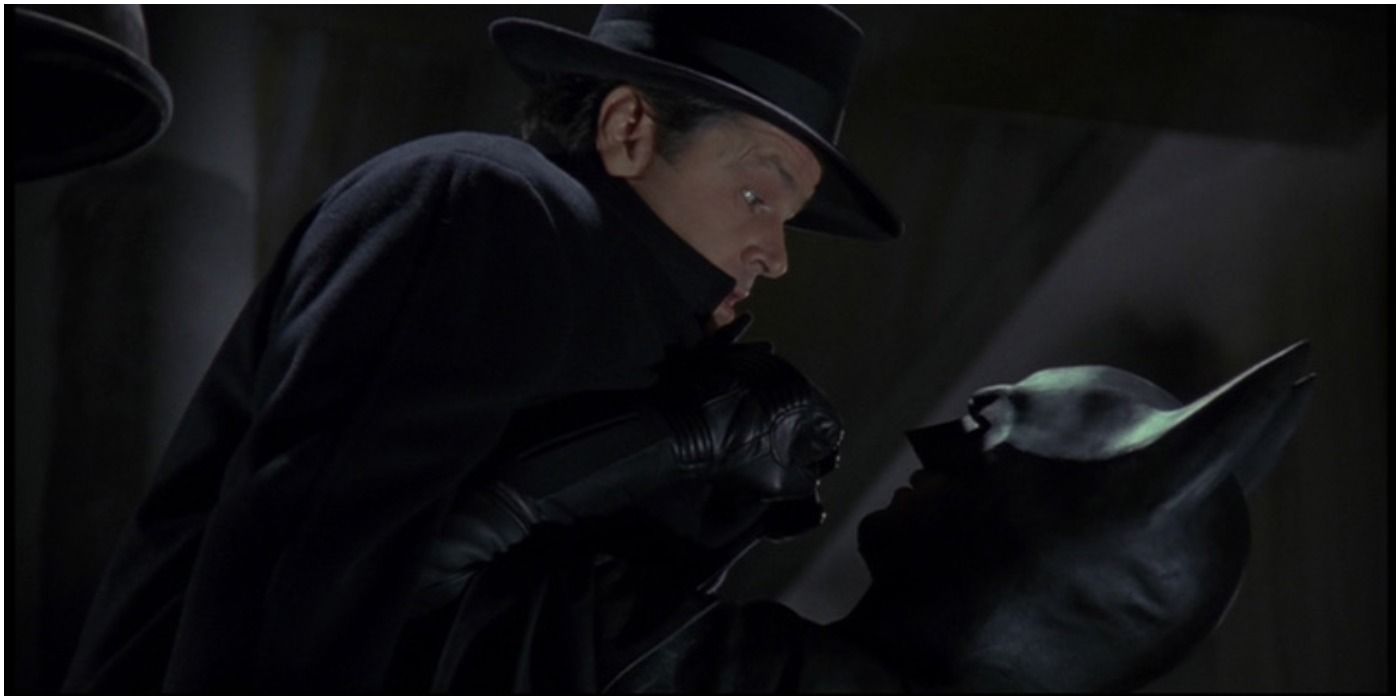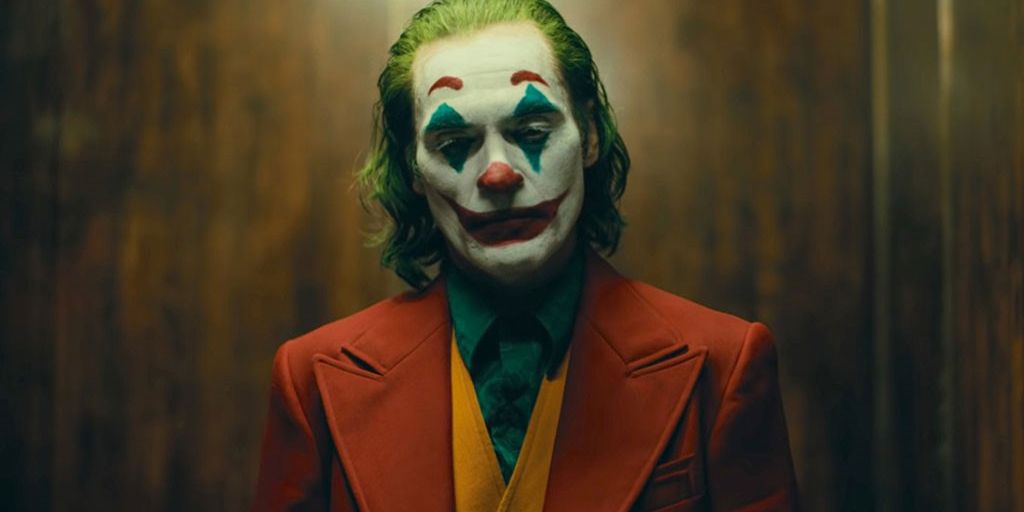"If I have to have a past, then I prefer it to be multiple choice!" The Joker cackles in 1988’s The Killing Joke, the seminal comic written by Alan Moore, illustrated by Brian Bolland and colored by John Higgins. It’s a typically clever opt-out from Moore, who – tasked with creating a background story for Batman's greatest nemesis – ensured that his take couldn’t be considered definitive. It was part of what’s become a deliberately obtuse background for The Joker, whose true origins have yet to be definitively tracked down.
One of the criticisms levels against the 2019 movie Joker was precisely that it illuminated what had become so much fun to leave obscured. Some fans believed – not without justification – that the character didn’t need a backstory and that the tangle of varying explanations for how he came to be fit him like a glove. 2008’s The Dark Knight made direct reference to his slippery past, as Heath Ledger’s version of the character constantly changed the story of how he got the scars on his face. It was easy to forget that Tim Burton had already delivered a "definitive" origin three decades earlier with the original Batman and just one year after Moore’s indelible line.

Before The Killing Joke, the closest thing to an origin story in the comics came in Detective Comics #168 in 1951. It reveals the now-familiar story of The Red Hood Gang, whose leader wore a crimson bubble over his head. He fell into a vat of chemicals at the Ace Chemicals Plant during an attempted robbery broken up by the Batman, and while the hood’s protective features allowed him to survive, the chemicals turned his hair green and his skin white. He decided to abandon the Red Hood guise and adopt the identity of The Joker.
Tim Burton used a similar version of that story in his 1989 movie. He simply did away with the notion of The Red Hood and made the Joker-to-be a mob lieutenant named Jack Napier. Batman arrives in the middle of a robbery attempt at Ace Chemicals and drops Napier into a vat – likely in revenge for the murder of his parents, whom Napier also killed – only to have the gangster re-emerge as the white-skinned Clown Prince of Crime. Jack Nicholson’s performance proved iconic, and the film introduced an entire generation of fans to both the Caped Crusader and his grinning archenemy. The origin story lingered, overlapping with Paul Dini’s Batman: The Animated Series among other properties and informing subsequent versions of the character on several occasions.

The Killing Joke didn’t so much change the origin story as give it a more tragic introduction. It depicts The Red Hood as a struggling stand-up comic who agrees to serve as the gang's figurehead during a crime to support his pregnant wife. As he prepares for the robbery, she and their unborn child are killed in a household accident. The criminals he’s associated with force him to go through the crime anyway, which is when Batman arrives. The guards shoot his accomplices, and he jumps into the chemicals to avoid the vigilante. When he emerges and discovers that his skin and hair have changed, the weight of events drives him completely insane.
That’s the version Joker cleaves most closely to, though it has its own take on the notion. Its protean Joker – named Arthur Fleck here – similarly fails as a comedian and struggles to make ends meet. He also possesses a neurological disorder that results in fits of uncontrollable laughter. He commits murder on a subway when a group of rich young rakes assaults him, then smothers his mother when he learns that she lied to him about his birth father. It takes the pathos of Moore’s figure – a normal man who had "one bad day" – and applies it to a realistic 1970s Gotham.
That’s enough to make it distinctive, which was the filmmakers' goal, but its gritty delivery of a very strong origin story was hardly the first. Burton delivered his Joker origin in a vastly different pop culture environment, and with two Oscar-winning retakes since then, the notion that either the ’89 Batman or Joker could "ruin" the character with a definitive origin is absurd. Without Burton, no other Batman movie could have happened, and if his Joker origin couldn’t stop alternates from cropping up, nothing will.


